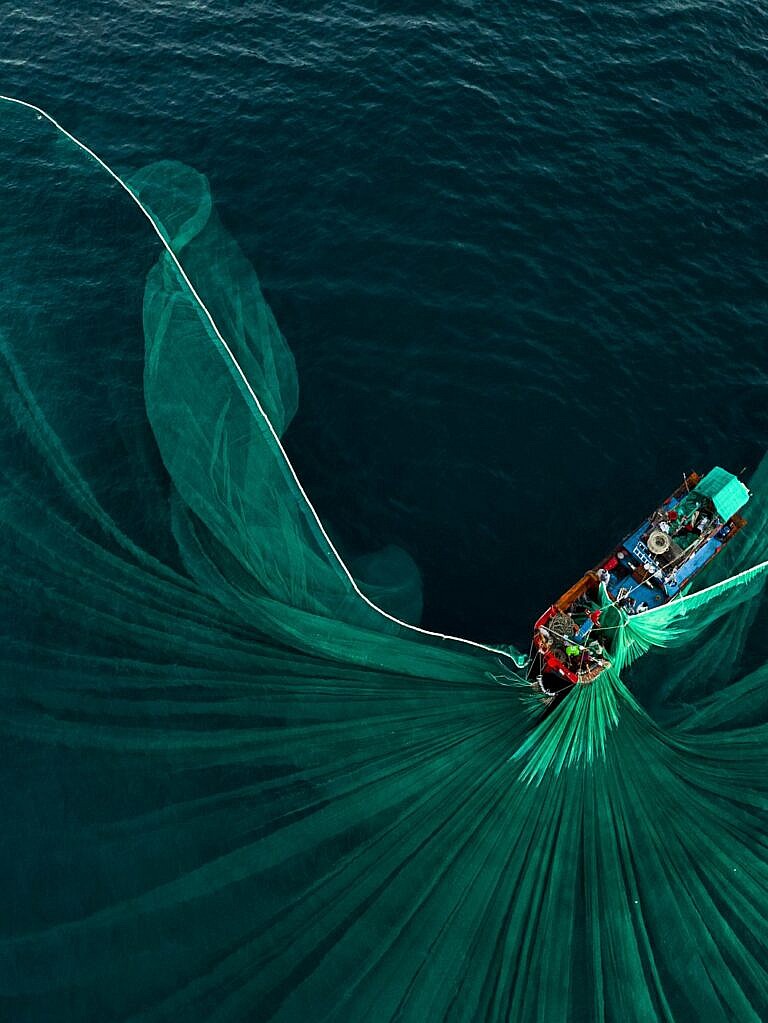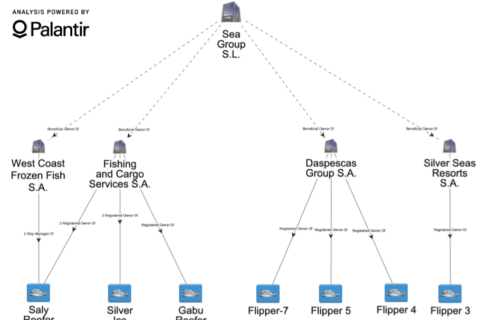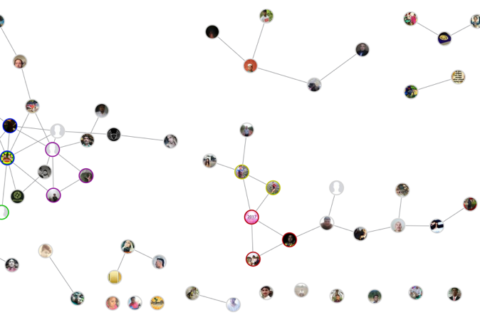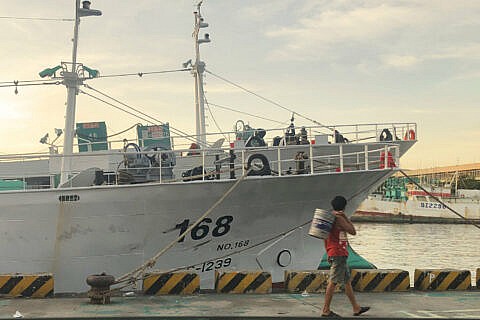Net Worth

In Net Worth, we examine one of the largest publicly traded Chinese fishery companies, Pingtan Marine Enterprise (PME) Limited, and find indicators of behavior consistent with the criticisms levied on the broader DWF fleet.
Executive Summary #
Global demand for seafood is on the rise. Over the past few decades, this demand has put increasing pressure on the world’s fish population, in some cases threatening the survival of in-demand fish species.
For example, between 1990 and 2018, fish consumption rose 122% while the number of sustainable fish stocks declined by almost 25%. Given that the fishing industry is both a major source of employment and a major source of food for much of the world’s population, the continuation of unsustainable fishing practices poses a significant threat to food security and coastal states’ economies around the world.
Despite sustainability concerns, several countries have set out to meet rising demand by increasing the size and capacity of their fishing fleets. China in particular has invested heavily in the country’s distant water fishing (DWF) fleet by offering subsidies and loans to fishery companies to build new, modernized DWF vessels that can remain at sea for months at a time. As a result, China currently controls the largest DWF fleet of any nation in the world, counting at least 2,700 vessels in operation as of 2019.
The size of China’s fleet has troubled observers who note that the fleet has been repeatedly linked to illicit activity, including forced labor and illegal, unreported, and unregulated (IUU) fishing. Distant water fishing entails unusually high costs for critical supplies, such as fuel, resulting in relatively low profits. This unprofitability may drive DWF vessels to cut corners where possible by targeting protected, high-value species; withholding fishermen’s wages; transshipping catch illegally; and engaging in other crimes.
In Net Worth, we examine one of the largest publicly traded Chinese fishery companies, Pingtan Marine Enterprise (PME) Limited, and find indicators of behavior consistent with the criticisms levied on the broader DWF fleet. We break our findings down into five primary sections:
What is Pingtan Marine Enterprise? explains the company’s background, and describes the company’s network of subsidiaries and affiliated companies. Particular attention is paid to the companies owned by various family members of Pingtan Marine Enterprise’s CEO, Zhuo Xinrong, since they appear to be closely tied to Pingtan Marine Enterprise’s operations.
Fishing on the High Seas follows Pingtan Marine Enterprise’s shift in focus from fishing within Indonesian and Timorese waters to fishing in international waters
IUU Fishing & the Shark Trade describes specific allegations of IUU fishing and involvement in the shark trade related to Pingtan Marine Enterprise’s affiliated vessels.
Forced Labor on Pingtan Marine Enterprise Vessels reviews allegations of forced labor, exploitation, and death onboard Pingtan Marine Enterprise’s associated fleet.
Links to Chinese State Activity: Investment and Representation explains how Pingtan Marine Enterprise is supported by the Chinese government and the Chinese financial sector through subsidization, partial ownership, loans, and political affiliations amongst its directorship.
Despite proven instances of illicit activities conducted by their vessels around the world, Pingtan Marine Enterprise’s associated fleet has nearly tripled in size in the recent past and remains authorized by Chinese government authorities to operate abroad. The Chinese government and fisheries authorities should monitor Pingtan Marine Enterprise, and the broader Chinese DWF fleet, more closely to ensure that government funds are not supporting illegal or unsustainable fishing activity. Relatedly, the Chinese government and fisheries authorities should work to improve transparency and traceability requirements for the DWF fleet, as well as fishery management regulations, in order to ensure the compliance and sustainability of Chinese fishing abroad.






